Guide to the Training Program
Use the Learners Program Guide to find out how the Recreation North Training Program works and to understand your responsibilities as a participant.
Updated: August 2022
2. Recreation Leadership
Recreation contributes to personal and social health, and to economic and environmental wellbeing. Recreation improves the quality of life in our Northern communities. It engages the community, increases interaction between diverse cultures, strengthens families, fosters pride and belonging, enhances tourism, encourages people to stay in the community, and more.
Achieving these outcomes requires leadership and capacity. Capacity means having skills, knowledge, and resources to lead, manage and work (or volunteer) in recreation. Leaders who have training and competencies in the field are better able to use recreation in ways that benefit their communities and the people who live there.
The Recreation North Training Program is based on a model of 13 foundational competencies. Developing these competencies builds capacity for recreation. Competent recreation leaders are able to:
- Promote individual, community, and environmental wellbeing through recreation.
- Recognize their ability to have a positive impact on their communities.
- Embrace recreation as a vehicle for strengthening community capacity.
- Support their local community by accessing the recreation and sport system.
- Contribute to the planning and evaluation of relevant community programs, services, events, and projects.
- Support the effective functioning of Boards and Committees.
- Contribute to meaningful relationships with community groups and partners.
- Apply appropriate risk management strategies.
- Administer basic budgets, fundraising, and grant activities.
- Contribute to the delivery of quality programs and events.
- Assist in maximizing the safety, use, and programming of community facilities and outdoor spaces.
- Support appropriate promotion, marketing and communications.
- Contribute to effective staff and volunteer engagement.
